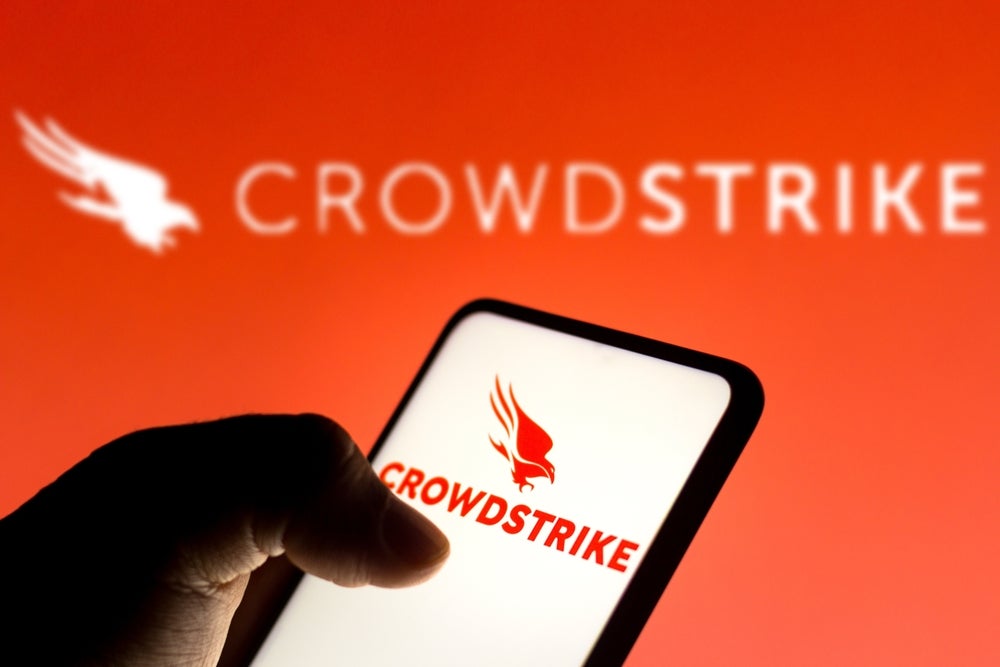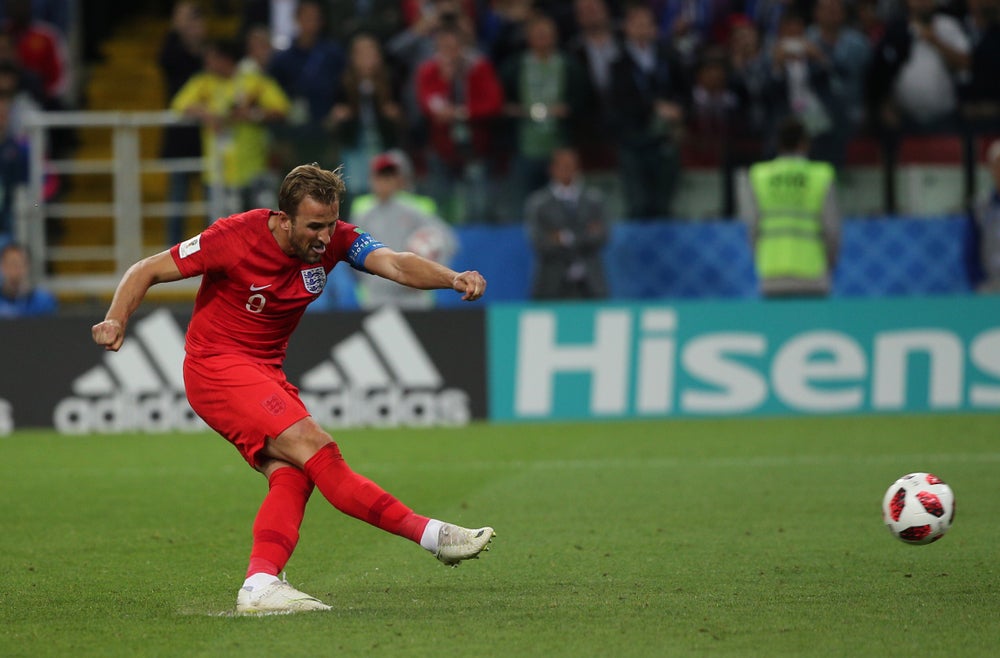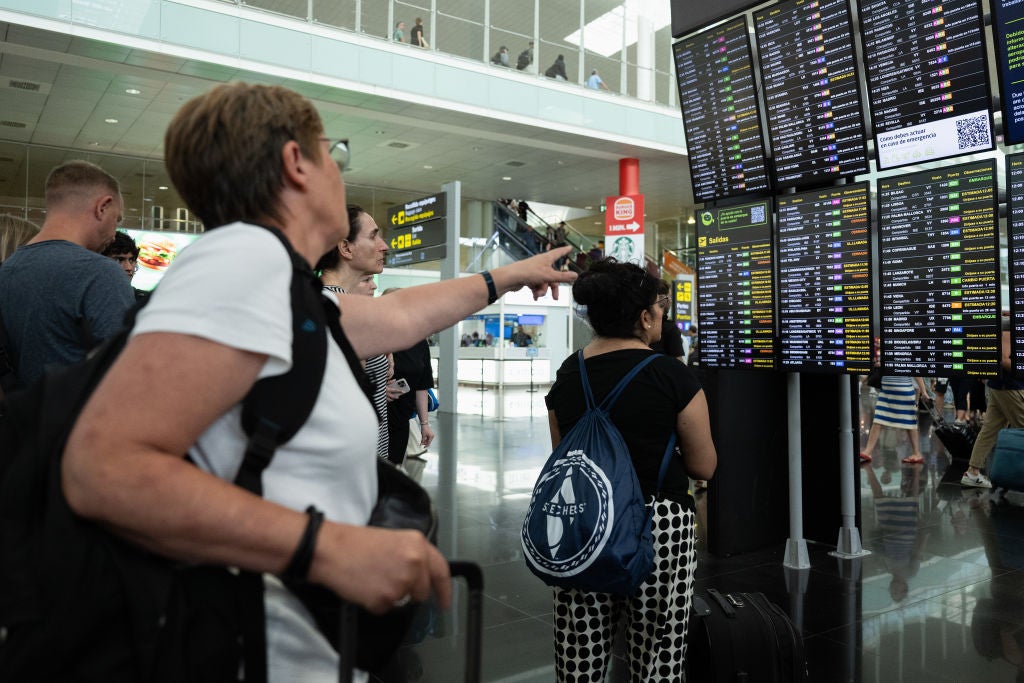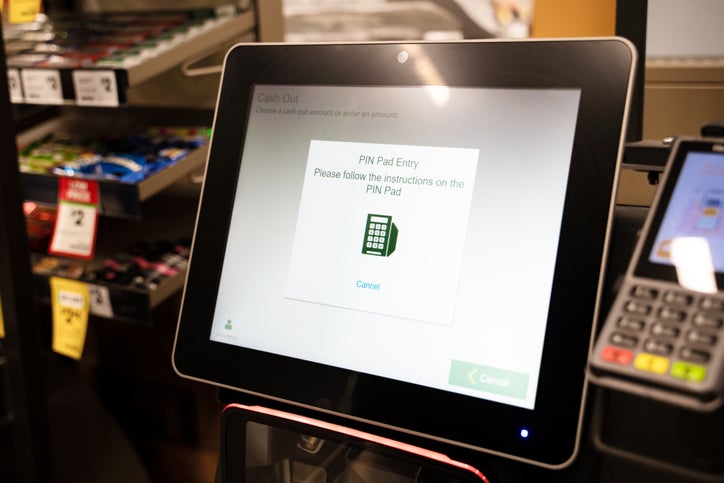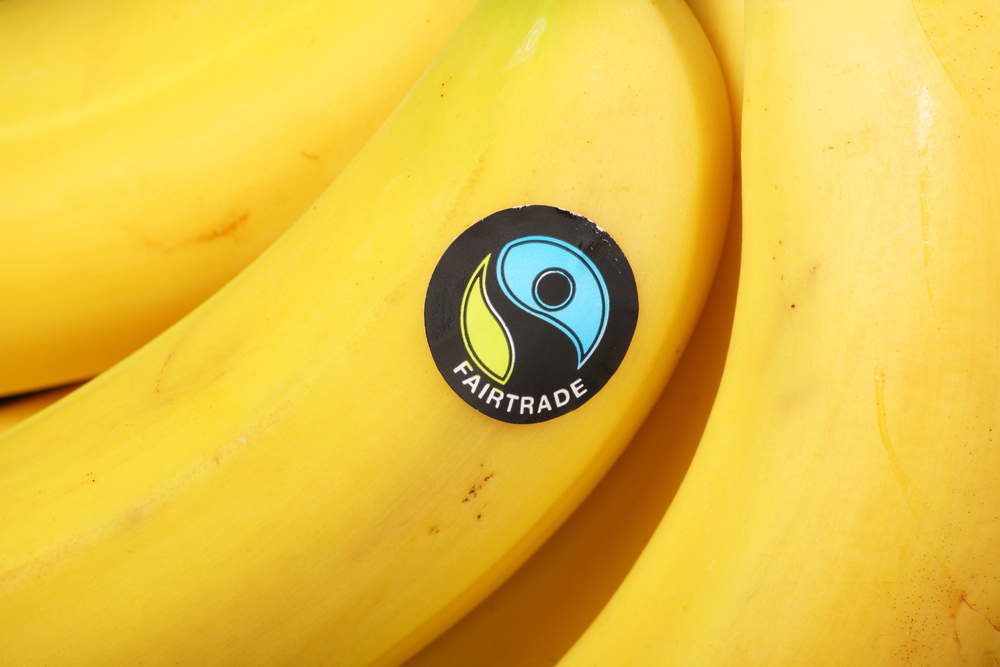
Fairtrade Fortnight kicks off today; a two-week annual campaign to increase awareness surrounding ethical trading and fair prices for farmers in developing countries.
Despite the scheme coming under some criticism in recent years it’s still going strong.
Here’re three things to get you up to speed.
1. What’s the point?
Fairtrade Fortnight was first celebrated in February 1997, when Lady Marion Fraser, the former chairman of the charity Christian Aid who agreed with the Fairtrade Foundation that more needed to be done to promote Fairtrade products.
She broke a bar of Fairtrade chocolate at the launch event at Augustine United Church in Edinburgh.
2. How much Fairtrade stuff do people buy?
A lot, apparently.
How well do you really know your competitors?
Access the most comprehensive Company Profiles on the market, powered by GlobalData. Save hours of research. Gain competitive edge.

Thank you!
Your download email will arrive shortly
Not ready to buy yet? Download a free sample
We are confident about the unique quality of our Company Profiles. However, we want you to make the most beneficial decision for your business, so we offer a free sample that you can download by submitting the below form
By GlobalDataSales of Fairtrade goods in the UK increased last year for the first time since 2013, generating £1.6bn ($2bn), with an eight percent rise in sales of coffee and a six percent rose in sales of bananas year-on-year.
We are in growth despite tough economic times and while the grocery market continues to be in disarray,” said Michael Gidney, chief executive of the Fairtrade Foundation. the charity which promotes and licenses the Fairtrade Mark.
“There is a sense of businesses committing to Fairtrade backed by unstinting support from the public.”
3. Who sells Fairtrade goods?
The Co-operative, the UK’s sixth largest supermarket chain, announced today it will become the first supermarket in the country to use Fairtrade cocoa in all its products from the sprinkles on its doughnuts to its chocolate cakes.
The initiative will come into effect from May onwards.
Waitrose was the first UK supermarket to start selling Fairtrade bananas exclusively in 2007. Today, the upmarket grocer boasts a range of own-label and branded Fairtrade products from tea and coffee to chocolate and sugar.
Tesco, the UK’s biggest supermarket does not exclusively sell Fairtrade bananas, but it is the second-largest seller of Fairtrade products in the UK, selling several million pounds worth of Fairtrade products weekly.
Sainsbury’s is the world’s largest retailer of Fairtrade products, selling over 380 Fairtrade goods both in store and online.
Across its 601 supermarkets and 773 convenience stores, Sainsbury’s only stocks Fairtrade bananas and sells 650m annually.
These bananas generate a Fairtrade premium of over £4m a year towards sustainable farming projects in the Dominican Republic, Colombia, St Lucia and Ghana.
Since 2009, all of Sainsbury’s own label roast and ground coffee has been 100 percent Fairtrade.
In 2015, Aldi, the UK’s fifth largest supermarket sold over £20m worth of Fairtrade products in the UK and almost £4m in Ireland.



